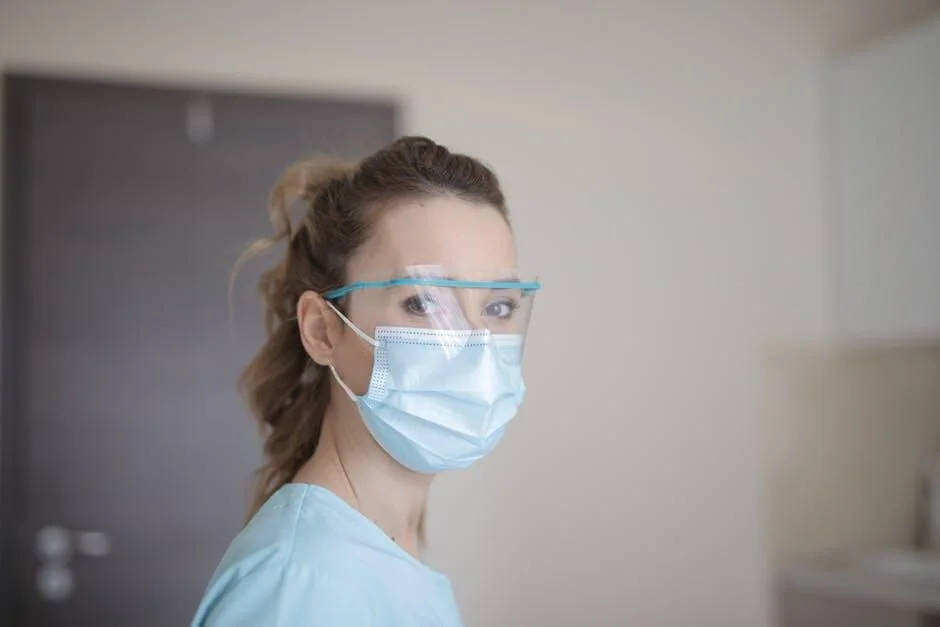In the Cardiovascular Intensive Care Unit (CVICU), the precise and continuous monitoring of vital signs is an essential aspect of patient care. Patients admitted to the CVICU typically have severe cardiovascular conditions requiring close observation and timely interventions to ensure optimal outcomes.
Below, we delve into the critical reasons why monitoring vital signs in the CVICU is indispensable.
Ensuring Timely Interventions
In the CVICU, watching vital signs helps doctors and nurses act fast. When they see a problem, they can help the patient right away. This quick action is important for people with serious heart issues. Intensive health care means looking after patients all the time.
It helps catch any changes early. Nurses and doctors in the CVICU work to keep an eye on the heart rate, blood pressure, and breathing. This way, they can give the best care to each person.
Guiding Treatment Decisions
In the Intensive Care Unit (ICU), monitoring vital signs helps doctors know the best treatment plan for each patient. By watching things like heart rate, blood pressure, and oxygen levels, doctors can see how a patient is doing and make changes to their care if needed. This careful watching is crucial because it ensures that any issues are caught early and addressed quickly.
Enhancing Patient Safety
In the CVICU, keeping patients safe is a top job. Watching vital signs helps keep people out of danger. If a patient’s vital signs change, doctors and nurses can act fast to fix the problem. This is key for people with critical health.
It means catching things like low blood pressure or fast heartbeats early. By staying alert, the team can stop small problems from becoming big ones. This watchful care keeps patients safe and helps them get better faster.
Facilitating Post-operative Care
Looking after people after surgery in the CVICU is very important. Monitoring their vital signs helps doctors and nurses see how they are healing. It means checking the heart rate, blood pressure, and breathing all the time.
This careful watching helps find problems early. If any changes happen, the medical team can help right away. This fast action is significant for people who just had surgery. It helps them get better and stay safe.
Educating Families and Caregivers
Helping families and caregivers in the CVICU is really important. It’s about giving them the right information in a simple way. They need to know how to look after their loved ones. Doctors and nurses show them how to check vital signs like heart rate and blood pressure.
They explain what to do if something goes wrong. By learning these basics, families and caregivers feel more confident. It means they can help the patient at home and keep them safer. This support is key for healing.
Learn All About the Cardiovascular Intensive Care Unit
In the end, paying attention to vital signs in the cardiovascular intensive care unit is super important. It helps doctors and nurses do the right things quickly. This means that patients stay safer and get better faster.
Watching things like heart rate and blood pressure closely helps catch problems early. This careful care is key for people with serious heart issues. By doing this, the CVICU team helps patients heal and stay safe.
Visit our blog for more!






